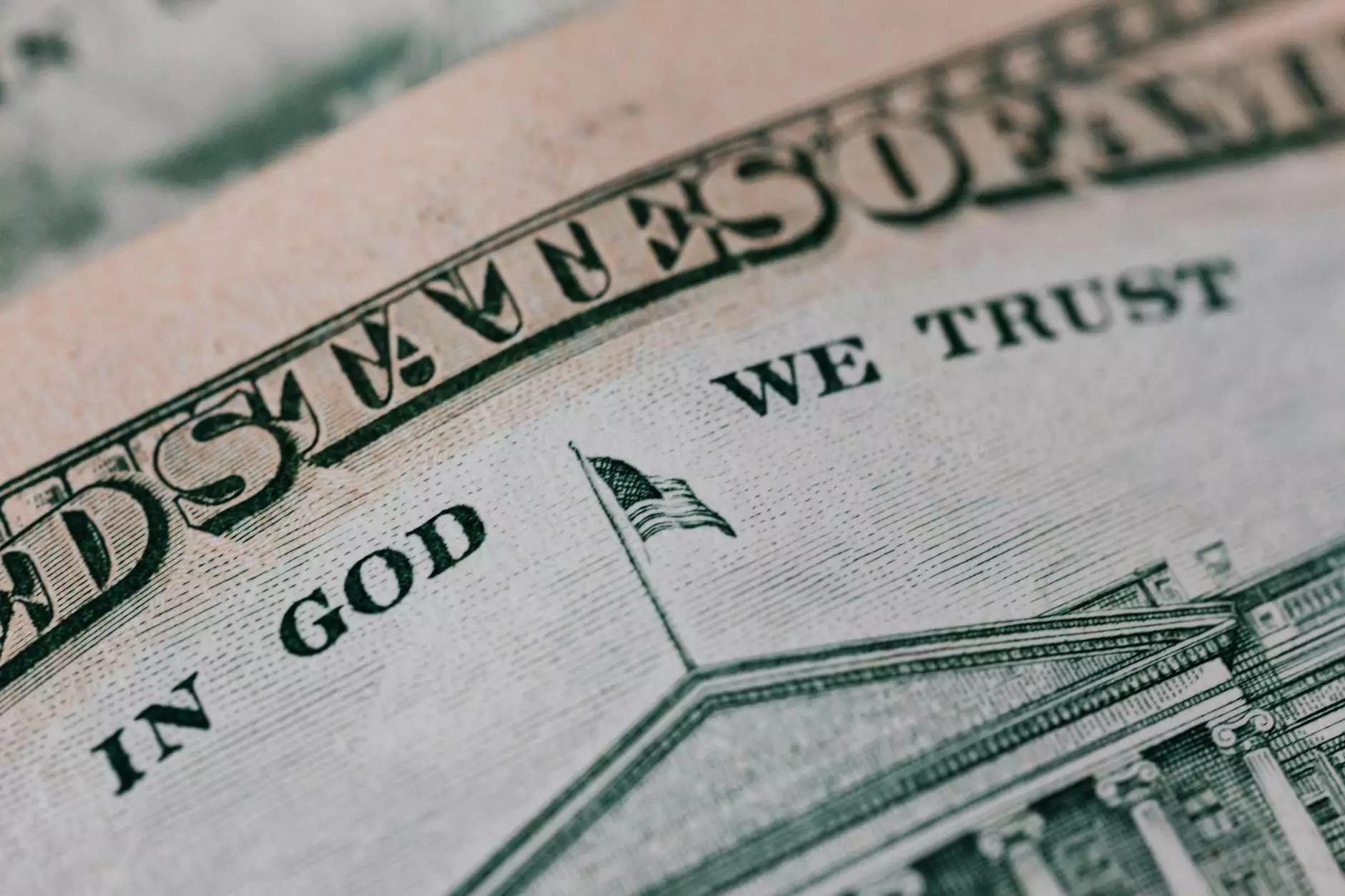How Does Wage Garnishment Affect My Credit Score?
Financials & Reports
Welcome to Social Service of America's comprehensive guide on understanding the impact of wage garnishment on your credit score. In this article, we will delve into the details of how wage garnishment can affect your financial future and provide insightful tips on how to navigate through this challenging process effectively.
The Basics of Wage Garnishment
Wage garnishment occurs when a portion of your income is withheld by your employer to repay a debt. This process is typically initiated by a court order or government agency, such as the Internal Revenue Service (IRS). While wage garnishment is a legal procedure, it can have significant repercussions on your creditworthiness and financial stability.
Understanding the Credit Score Impact
One of the primary concerns individuals have when facing wage garnishment is its impact on their credit score. It's crucial to recognize that wage garnishment itself may not directly affect your credit score, as it isn't reported as a negative item. However, it can indirectly impact other aspects that contribute to your creditworthiness.
One of the most significant factors influenced by wage garnishment is your debt-to-income ratio. This ratio represents the amount of debt you owe compared to your income. As wage garnishment reduces your income, your debt-to-income ratio may increase, potentially lowering your credit score.
The Role of Collections and Defaults
Wage garnishment is generally a result of defaulted debts or unpaid bills. These delinquent accounts can appear on your credit report as collections or defaults, which can significantly damage your credit score. Even if wage garnishment itself isn't directly reported, the underlying debt that triggered it can have a long-lasting impact.
Strategies for Minimizing the Impact
While wage garnishment may seem overwhelming, there are steps you can take to mitigate its impact on your credit score and financial future.
1. Create a Budget and Prioritize Payments
Evaluating your financial situation is essential when facing wage garnishment. Create a detailed budget that outlines your income, expenses, and outstanding debts. Prioritize payments based on their urgency and interest rates, ensuring that essential bills are paid on time. This proactive approach can help stabilize your finances and prevent further credit score deterioration.
2. Communicate with Creditors
Reach out to your creditors and negotiate new repayment plans or settlement options. Many creditors are willing to work with individuals facing wage garnishment to find a mutually beneficial solution. By demonstrating your commitment to resolving outstanding debts, you may be able to prevent further negative impact on your credit score.
3. Seek Professional Assistance
Consider consulting with a reputable credit counseling agency, such as MMI. These professionals can provide valuable insights and guidance on how to navigate through wage garnishment effectively. They can help you understand your rights, explore alternative options, and develop a tailored plan to improve your financial situation.
4. Stay Committed to Rebuilding Your Credit
Wage garnishment may be a challenging experience, but it's essential to remain committed to rebuilding your credit. Make timely payments on any remaining debts and focus on establishing a positive credit history moving forward. Over time, responsible money management and consistent payment habits will improve your creditworthiness.
5. Continuously Monitor Your Credit Report
Regularly monitoring your credit report is crucial, especially after experiencing wage garnishment. Look for any inaccuracies, outdated information, or inconsistencies that may be dragging down your credit score. Dispute any errors promptly and ensure that all resolved debts are accurately reported.
Conclusion
Wage garnishment can have a profound impact on your credit score and overall financial well-being. By understanding the repercussions and implementing effective strategies, you can navigate through this challenging process and minimize its negative consequences. Social Service of America is here to guide you every step of the way, providing valuable resources and support to help you rebuild your credit and secure a brighter financial future.









